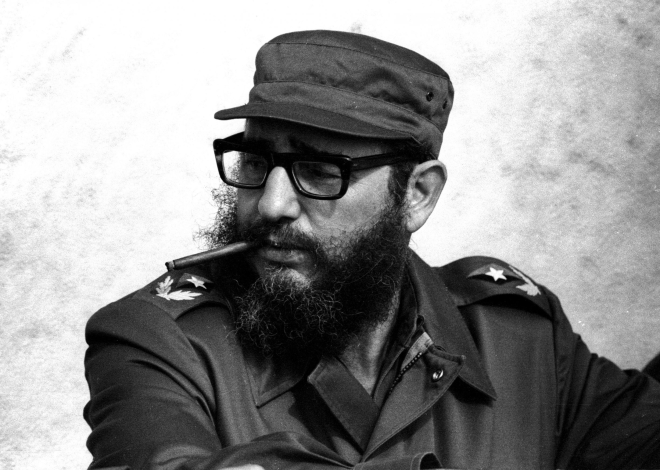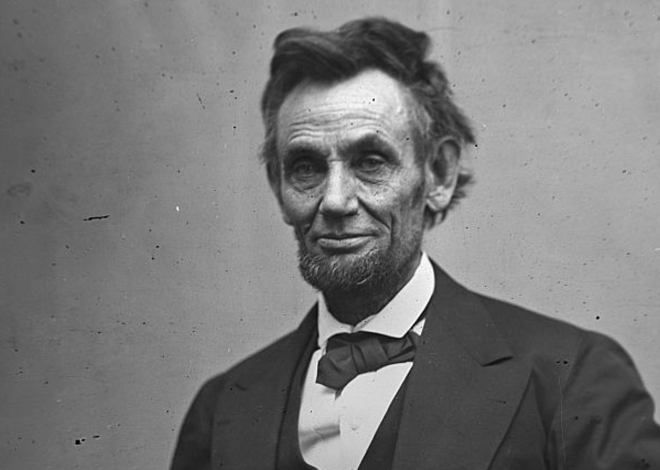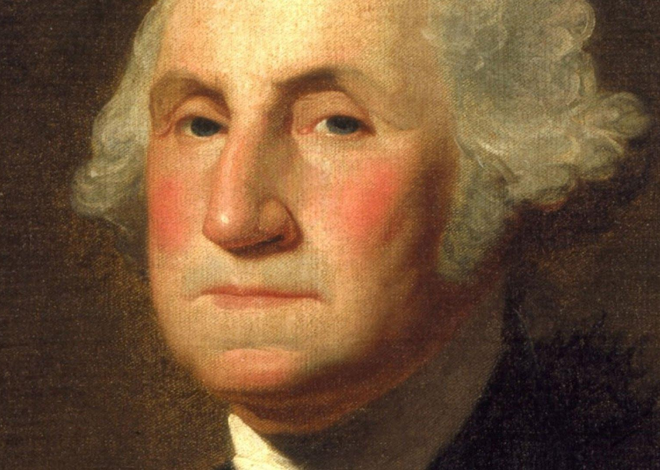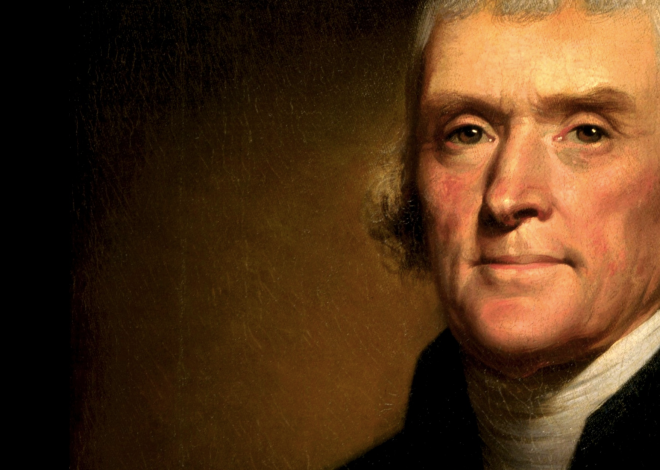
John F. Kennedy
John Fitzgerald Kennedy, commonly known as JFK, was the 35th President of the United States. His presidency, which began in 1961 and tragically ended with his assassination in 1963, was marked by significant events, challenges, and achievements.
Here is a detailed history of John F. Kennedy:
Early Life:
- John F. Kennedy was born on May 29, 1917, in Brookline, Massachusetts, into a prominent and wealthy Irish-Catholic family. His father, Joseph P. Kennedy Sr., was a businessman and former ambassador to the United Kingdom, while his mother, Rose Fitzgerald Kennedy, came from a politically active family.
- Kennedy attended Harvard University, where he excelled academically and participated in various extracurricular activities. He wrote his senior thesis on Britain’s lack of preparedness for World War II.
World War II Service:
During World War II, Kennedy served in the United States Navy. He commanded PT-109, a motor torpedo boat, and earned the Navy and Marine Corps Medal for his heroism in rescuing crew members after his boat was rammed by a Japanese destroyer.
Entry into Politics:
- After the war, JFK entered politics, winning a seat in the U.S. House of Representatives in 1946 as a Democrat representing Massachusetts’s 11th congressional district.
- In 1952, he was elected to the U.S. Senate, where he served until 1960.
Presidential Campaign and Election (1960):
- Kennedy ran for the presidency in 1960 as the Democratic candidate. He faced Vice President Richard Nixon, the Republican nominee, in a closely watched and televised series of debates.
- Kennedy’s youth, charisma, and message of change resonated with voters, and he narrowly won the election.
Presidential Accomplishments and Challenges:
Kennedy’s presidency was marked by several key accomplishments and challenges:
- Civil Rights: Kennedy supported the civil rights movement and took steps to advance racial equality. He delivered a televised address on civil rights in 1963, calling for the end of segregation and the protection of African Americans’ voting rights.
- Cuban Missile Crisis: In 1962, Kennedy confronted the Cuban Missile Crisis, a tense standoff with the Soviet Union over the placement of nuclear missiles in Cuba. Through diplomacy, he successfully averted a nuclear conflict.
- Space Race: Kennedy’s administration initiated the Apollo program, with the goal of landing a man on the moon. The first successful moon landing occurred in 1969, after Kennedy’s assassination.
- Alliance for Progress: He launched the Alliance for Progress, an economic and social development program for Latin America.
- Peace Corps: Kennedy established the Peace Corps, a volunteer program for Americans to assist in international development.
Assassination:
On November 22, 1963, President Kennedy was assassinated while riding in a motorcade in Dallas, Texas. Lee Harvey Oswald was arrested and charged with the assassination but was shot and killed two days later.
Legacy:
- John F. Kennedy’s presidency and legacy continue to captivate the American imagination. He is remembered for his inspirational speeches, including his inaugural address in which he famously said, “Ask not what your country can do for you; ask what you can do for your country.”
- The Kennedy administration’s work on civil rights and the space program left a lasting impact on American society and technology.
- Kennedy’s tragic death also led to significant changes in presidential security procedures.
- His presidency is often referred to as the “Camelot” era, a term that reflects the idealism and hope associated with his time in office.
- The John F. Kennedy Presidential Library and Museum in Boston, Massachusetts, and the eternal flame at his gravesite in Arlington National Cemetery serve as memorials to his life and legacy.
John F. Kennedy’s life and presidency remain a symbol of youthful optimism, leadership in challenging times, and the enduring quest for a better future.







